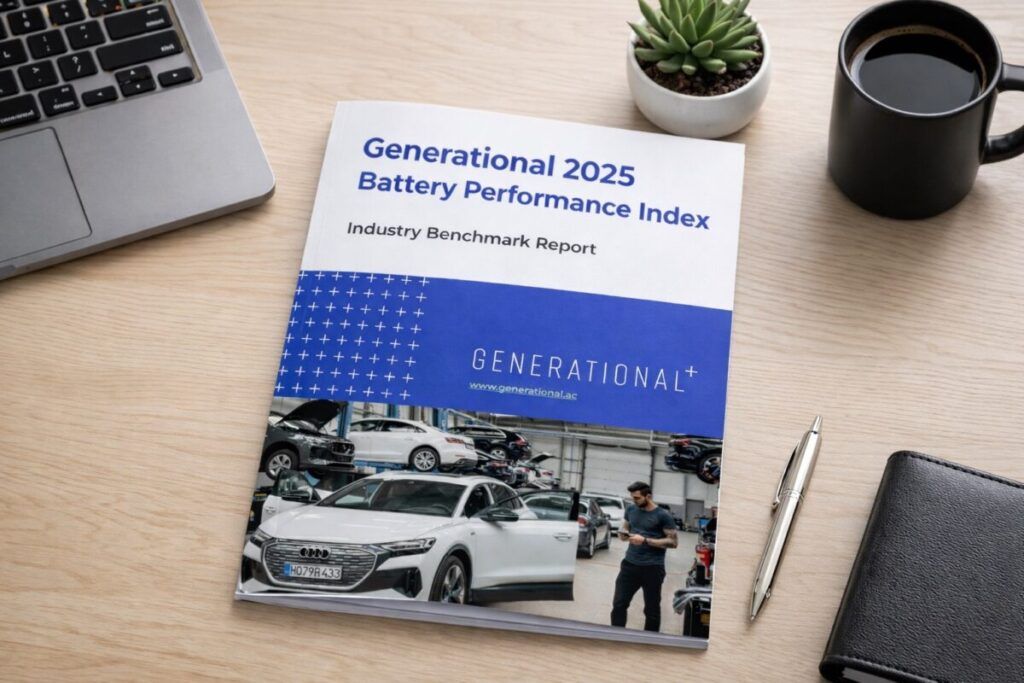Energy UK has called on the new Prime Minister to set out possible measures which could help non-domestic customers facing steep rises in their energy costs.
While domestic customers are facing a big increase in bills, which was confirmed by Ofgem’s price cap announcement last week, non-domestic customers, which include businesses like pubs and restaurants as well as local authorities, schools, leisure centres and hospitals, are also facing much higher costs but without a price cap in place.
Many non-domestic customers are currently looking to renew their energy deals as their fixed term contracts expire. With wholesale gas prices having climbed to 10 times the level they were at the start of last year, these customers are finding their energy costs have risen substantially since they signed up to their previous deals.
Concerns are growing about the effect on these rises on the viability of small businesses in particular – so Energy UK is urging Liz Truss and Government to consider the following measures:
- Government supported loan schemes. During the Covid pandemic, the Government introduced a set of support measures for businesses which included a series of loans made available through financial institutes but backed by Government guarantees. In response to the continuing and growing energy crisis, more loan guarantee schemes could be introduced quickly by Government to help businesses through this difficult period.
- Government grants. Grants worth £45 billion were made through local authorities to businesses in several tranches over the pandemic. Specific energy crisis grants could be made to businesses, with varying levels of support and targeting depending on the funding available.
- Removing VAT from energy bills. VAT is charged at 20% on many non-domestic energy bills – in contrast to domestic bills where the rate is 5%
- Business rates support. The Government provided various exemptions and reliefs to businesses (particularly those in the most affected sectors such as retail and hospitality) to help them through the pandemic and could do similar here.
And over the longer term, Government could look at other ways to reduce bills for businesses, alongside the broader work from its Review of Electricity Market Arrangements (REMA), as high prices are likely to continue well into 2023 and beyond. This should include more funding to help businesses continue to improve their energy efficiency. This will help businesses reduce energy costs in the long-term, as well as support reduction in UK demand to ensure security of supply.
Dan Alchin, Energy UK’s Director of Regulation, said: “There’s understandably been a lot of focus on the price rises facing households, but businesses are also having to cope with sharply increased energy bills. Over the past year, the cost of energy, especially gas, has climbed to levels that nobody expected so it can be a very nasty shock for such customers when they see how that has fed through to prices.
“The Government helped support businesses through the pandemic and sadly, this current crisis is of a similar magnitude for many of them – threatening closures, job cuts and higher consumer prices. It also presents huge difficulties for public sector customers like schools, hospitals, local authorities, leisure centres and many other places serving their local communities.
“Given the consequences for these customers, as well as the wider economy, we are urging the new Prime Minister and Government to put support in place as they did during the pandemic. Having worked so hard to get so many of these customers through one crisis, we need to do everything possible to avoid losing them to this one.”
Image courtesy of Shutterstock.












